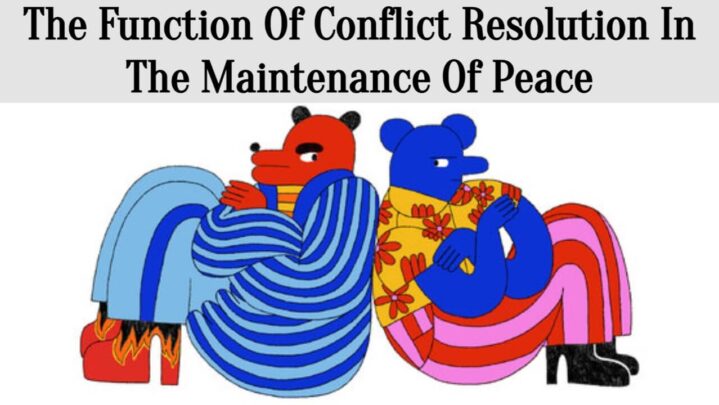Effective conflict resolution necessitates the participation of all parties concerned, as well as the application of constructive communication and negotiating skills. This can aid in the reduction of tensions, the development of trust and understanding, and the promotion of cooperation and collaboration among parties.
Mediation, negotiation, and arbitration are three ways of dispute resolution. Mediation includes a neutral third party who assists disputing parties in communicating and negotiating. Negotiation entails direct discussion and negotiation among the parties in order to obtain a mutually accepted solution. Arbitration is a more formal approach in which a third-party neutral renders a binding decision based on the facts and arguments offered.
Alternative techniques, such as restorative justice and conflict transformation, are available in addition to these established approaches. Restorative justice is concerned with rebuilding relationships and restoring harmony, whereas conflict transformation is concerned with managing the root causes of conflict and promoting long-term peace.
Conflict resolution may be used in a variety of settings, including families, communities, companies, and nations. It is especially crucial in settling conflicts between various ethnic, religious, or cultural groups since these disagreements can develop and lead to larger-scale violence and unrest.
Finally, dispute resolution is critical to sustaining societal peace and stability. Individuals and groups may seek to resolve their differences in a peaceful and mutually acceptable manner by addressing the core causes of conflict and fostering constructive dialogue and negotiation.
Also Read: The Importance Of Meaning And Purpose In Happiness





